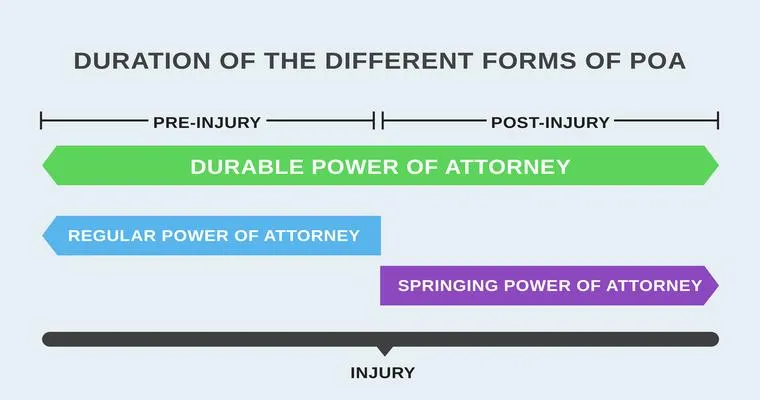Being a "Power of Attorney (POA)" is a significant commitment that comes with a range of responsibilities and duties. The role of a POA is to act on behalf of another individual, typically a family member or loved one, in legal and financial matters when they are unable to do so themselves. This article will explore the essential "responsibilities of being POA", including decision-making, financial management, and the importance of acting in the best interests of the principal.
One of the primary responsibilities of a POA is to make "financial decisions" on behalf of the principal. This includes managing bank accounts, paying bills, and ensuring that taxes are filed accurately and on time. A POA must keep detailed records of all transactions and maintain transparency to avoid potential conflicts or misunderstandings. It is crucial for the POA to understand the financial landscape of the principal's life to ensure that their assets are protected and managed wisely.
Another essential duty is to make "healthcare decisions" when the principal cannot communicate their wishes. This may involve making critical choices regarding medical treatments, medications, and even end-of-life care. A responsible POA should be well-informed about the principal's medical history and preferences to honor their wishes effectively. Open communication with healthcare providers and family members is vital to ensure that everyone is on the same page regarding the principal's care.
In addition to financial and healthcare responsibilities, a POA must also act with "integrity and loyalty". This means putting the principal's interests ahead of their own and avoiding any conflicts of interest. A POA should not take advantage of their position for personal gain, as this can lead to legal repercussions and damage trust. Ethical behavior is paramount, and a POA should always strive to act in a manner that reflects the values and wishes of the principal.
Legal responsibilities are also a significant aspect of being a POA. The appointed individual must understand the legal implications of their actions and ensure compliance with all applicable laws. This includes understanding the limits of their authority and knowing when to seek guidance from legal professionals. Failing to adhere to legal standards can result in serious consequences, including potential liability for damages caused by mismanagement.
Moreover, a POA should be prepared for the emotional aspects of the role. Acting on behalf of someone else, especially during challenging times, can be overwhelming. It is essential for a POA to practice self-care and seek support when needed. This can help maintain their well-being and ensure that they can fulfill their responsibilities effectively.
In conclusion, the "responsibilities of being POA" are vast and require a careful balance of financial acumen, ethical behavior, and emotional resilience. Acting as a Power of Attorney is not just a title; it is a commitment to serve another person's best interests. By understanding and embracing these responsibilities, a POA can make a meaningful difference in the life of their principal, providing peace of mind during critical times.





